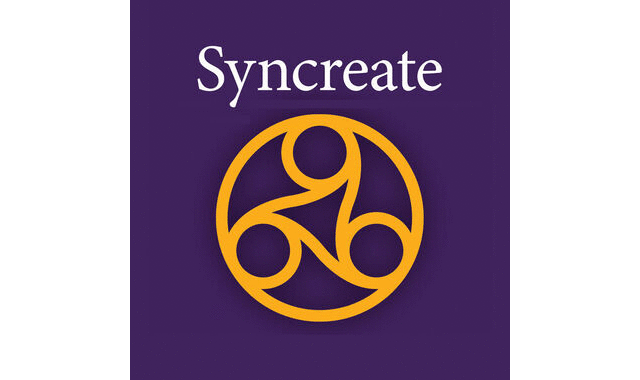World's First and Largest Podcast Network Founded in 2005
Highlighted Podcast Directories




Today's Podcast Episodes For Saturday, 7/5/2025
Promoted Episode

“THE DOGMAN OF MICHIGAN” By Fionna Cosgrove #MicroTerrors
Weird Darkness
ENTERTAINMENT

Social Justice For LGBTQ: Why Are People So Rude? #Episode 2338
The Fierce Female Network
COMEDY

Sponsored Podcasts
Newest Podcasts
Top Podcasts...
Latest Episodes

“THE DOGMAN OF MICHIGAN” By Fionna Cosgrove #MicroTerrors
From the podcast Weird Darkness
Released 7/5/2025

Social Justice For LGBTQ: Why Are People So Rude? #Episode 2338
From the podcast The Fierce Female Network
Released 7/5/2025

What A Gift
From the podcast Awesome News Daily
Released 7/5/2025

THE WEEKEND: No One Leaves This Mad Doctor’s Island Alive! | Paranormal & True Crime Old Time Radio
From the podcast Weird Darkness
Released 7/4/2025

Breaking Into Filmmaking & Landing On Tubi, Netflix: The Distribution Blueprint! W/ T-Dawg Da Don
From the podcast The Highest Point Podcast
Released 7/4/2025

S25 Ep17: Stuck In The Parallel World Where Everything Is Reverse.
From the podcast My Daily Story
Released 7/4/2025

S25 Ep16: Everyone In My Family Is A Top Actor.
From the podcast My Daily Story
Released 7/4/2025

Nick Vujicic: Debanked For His Faith — Now Building A Purpose-Driven Fintech Movement
From the podcast Tony D’Urso Show
Released 7/4/2025

Im A Hiphop Girl In A Vintage Family.
From the podcast My Animated Story
Released 7/4/2025





























